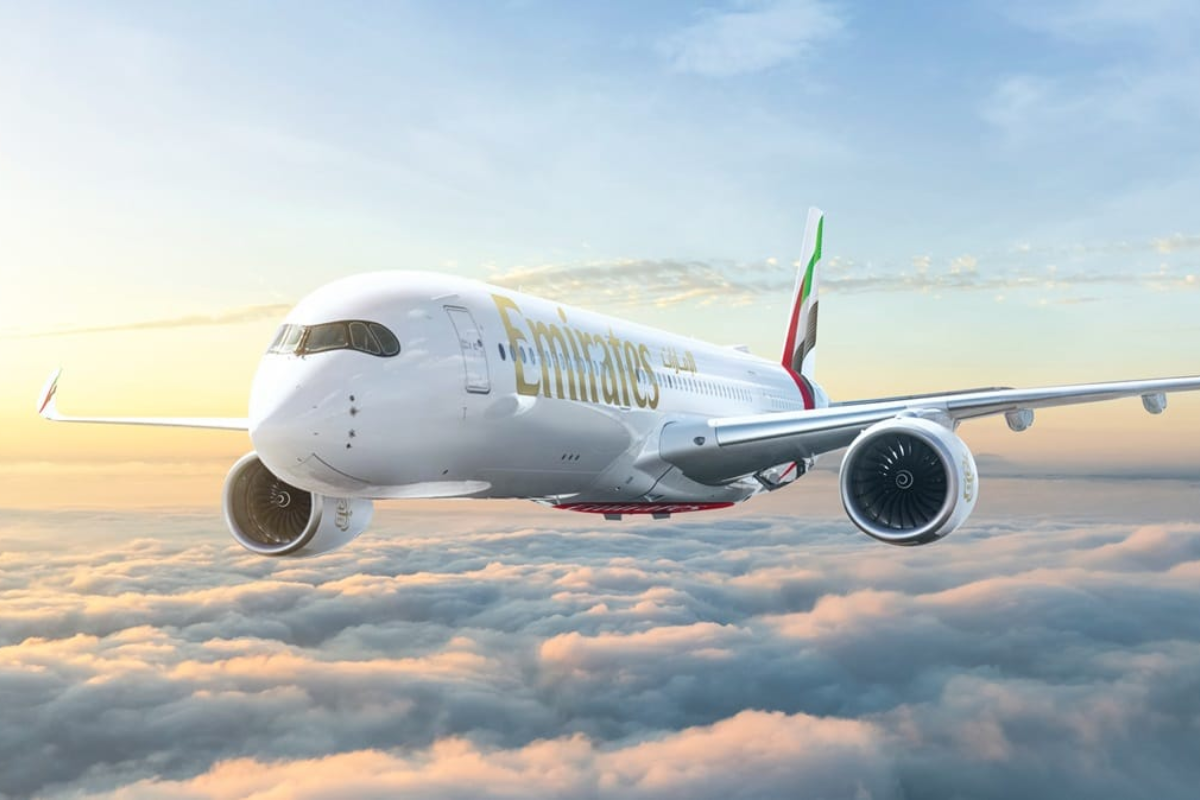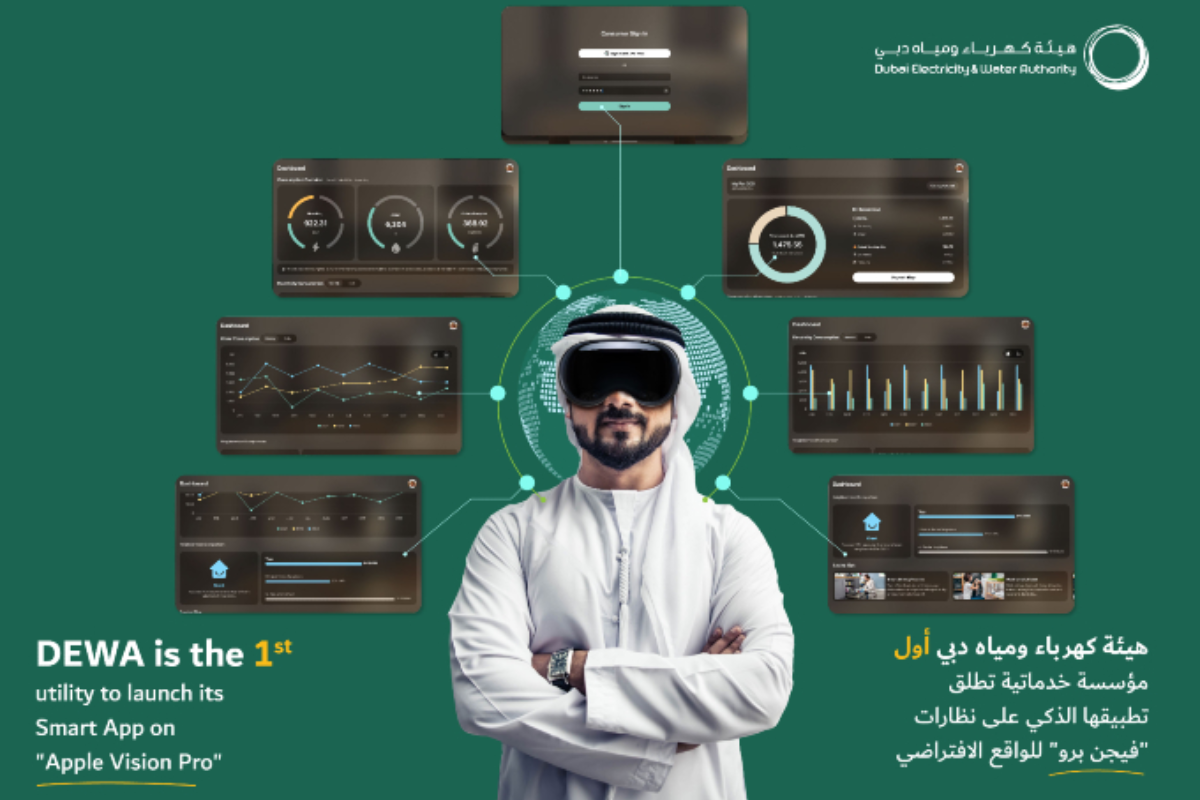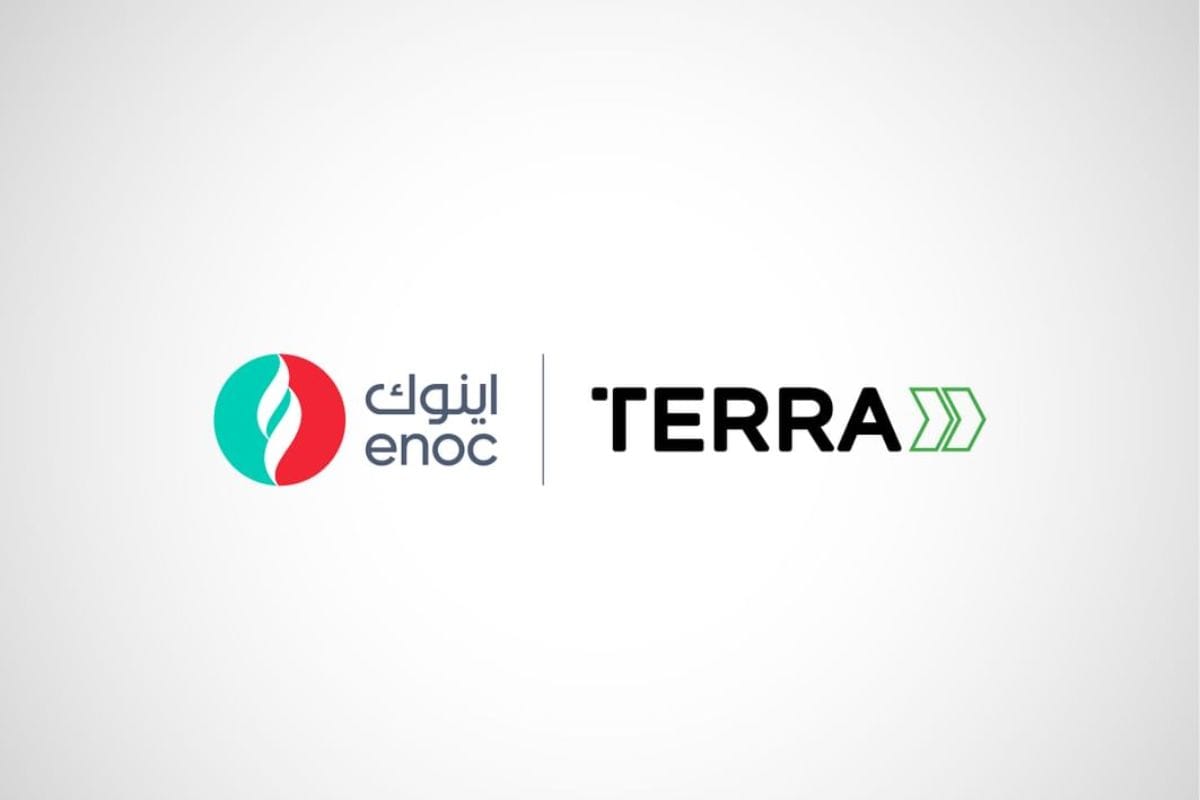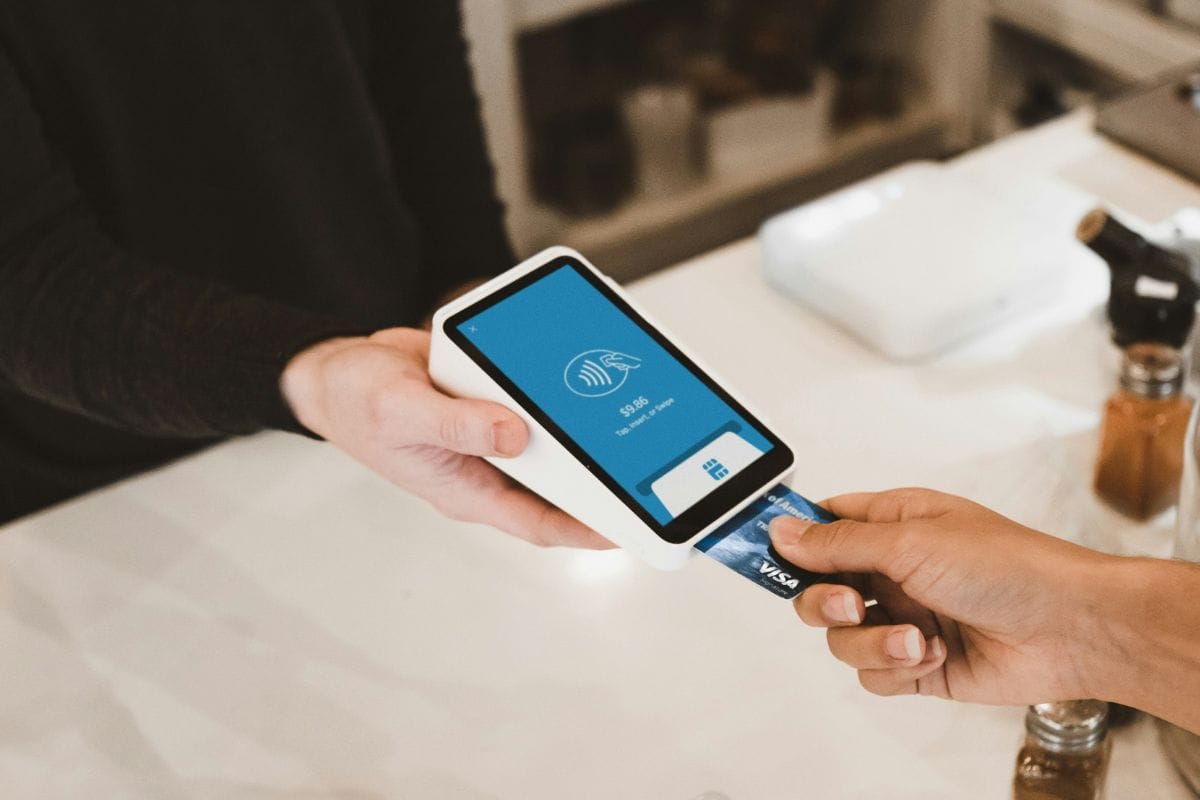Dubai has set its sights on becoming a global leader in digital innovation, and its progress is nothing short of inspiring. With initiatives like the Smart Dubai Strategy and UAE Vision 2031, the city is redefining what it means to integrate technology into everyday life. Smart Dubai, launched in 2014, has transformed key aspects of urban living, focusing on smarter living, mobility, governance, and more. Dubai's ambitious move toward a paperless government and its 99.5% digitization of services are just glimpses of its commitment to a tech-driven future.
Digital transformation is essential for businesses to stay competitive. The UAE Digital Economy Strategy aims to double the digital economy’s GDP contribution from 9.7% to 19.4% by 2031, underscoring the growing importance of adopting advanced technologies. From autonomous transportation goals to thriving e-commerce, Dubai offers businesses unparalleled opportunities to innovate.
As you look to explore or expand in this dynamic market, understanding Dubai’s digital evolution is key. Here’s a guide to help you navigate the opportunities and embrace the strategies needed to thrive in this fast-paced environment.
Key Drivers of Digital Transformation in Dubai

Government Initiatives
Dubai’s government has been at the forefront of driving digital transformation through initiatives like Smart Dubai, which aims to make the city the happiest and smartest in the world. Policies such as the Dubai Paperless Strategy have digitized nearly all public services, saving billions of dirhams. The Dubai Blockchain Strategy is another standout, with plans to migrate all government documents to blockchain by 2025. Regulatory frameworks, including those for fintech sandboxes and e-commerce laws, ensure that businesses can innovate within a secure, legal framework.
Economic Factors
The rapid growth of key industries like tourism, real estate, and logistics has accelerated the adoption of digital solutions in Dubai. Smart platforms now enhance visitor experiences and streamline logistics, making operations more efficient. Dubai’s strategic location as a global business hub also attracts multinational companies, further solidifying its role as a leader in digital innovation.
Consumer Trends
Dubai’s tech-savvy population is driving demand for seamless digital experiences. With some of the highest internet and smartphone penetration rates globally, consumers are increasingly turning to cashless payments and online shopping. Mobile wallets and platforms like Dubai Pay are widely used, while innovations such as augmented reality shopping continue to gain traction. The e-commerce market, which reached $4.8 billion in 2021, is expected to grow exponentially, fueled by these evolving preferences.
Major Digital Transformation Trends in Dubai
Artificial Intelligence and Machine Learning

AI has become a cornerstone of Dubai’s digital transformation, reshaping industries with applications like predictive analytics, automation, and customer service enhancements. For example, chatbots powered by AI streamline customer interactions in banking, retail, and healthcare.
Predictive analytics aids in personalized marketing and inventory management, particularly in e-commerce. Dubai is also at the forefront of AI adoption through initiatives like the UAE’s National AI Strategy 2031, which aims to position the country among the global leaders in AI innovation. Public sector projects, such as the Dubai Police’s AI-powered crime prediction system and the Roads and Transport Authority's self-driving initiatives, demonstrate AI’s transformative potential.
Cloud Computing

Cloud computing is enabling businesses to scale operations, reduce costs, and enhance efficiency. Global tech giants like Microsoft Azure and AWS have established data centers in the UAE, offering solutions tailored to meet local regulatory requirements.
According to the International Data Corporation (IDC), the UAE's public cloud market is projected to grow at a compound annual growth rate (CAGR) of 24.6%, reaching $1.94 billion by 2025. Cloud adoption is particularly strong in sectors like healthcare, real estate, and finance, where secure and scalable data solutions are critical.
Blockchain Technology

Dubai’s Blockchain Strategy aims to integrate blockchain into government operations, targeting 100% digital transactions by 2025. This technology is being utilized in sectors like real estate for transparent property transactions and logistics for enhanced supply chain tracking.
For instance, the Dubai Land Department uses blockchain for property registration, significantly reducing transaction times and costs. Additionally, blockchain is playing a pivotal role in secure payments and identity verification, supporting Dubai’s vision of becoming a global blockchain capital.
Internet of Things (IoT)

IoT is driving Dubai’s smart city initiatives by enabling interconnected systems in transport, energy, and infrastructure. Smart meters deployed by the Dubai Electricity and Water Authority (DEWA) optimize energy consumption for residential and commercial properties.
IoT is also being utilized in logistics, where sensors track shipments in real time, improving supply chain transparency. The Dubai Smart City project integrates IoT to enhance urban planning, traffic management, and public safety, providing a seamless living experience for residents.
E-commerce and Cashless Payments

Dubai’s e-commerce sector has experienced rapid growth, driven by platforms like Noon and Amazon.ae and supported by a tech-savvy population. The UAE e-commerce market is expected to reach $9.2 billion by 2026, growing at a CAGR of 10.5% from 2022 to 2026.
The government’s initiatives, such as the “Smart Dubai” program, promote digital payments, with digital wallets like Emirates NBD Pay, Samsung Pay, and Apple Pay gaining traction. This aligns with Dubai’s vision of reducing cash transactions and fostering a fully digital economy.
Sustainability and Green Tech

Dubai is leveraging technology to achieve its sustainability goals, incorporating green tech solutions in various industries. Smart building systems monitor energy usage, reducing wastage and promoting efficiency. DEWA employs AI and IoT for smart grids that optimize energy and water consumption.
Initiatives like the Mohammed bin Rashid Al Maktoum Solar Park exemplify Dubai’s commitment to renewable energy, supported by digital technologies. Companies like Emirates Transport are adopting fleet optimization systems to reduce emissions, showcasing how digital transformation supports environmental objectives.
Challenges and Opportunities for Businesses in Dubai
Challenges
- Cost of Digital Transformation for SMEs
Digital transformation is resource-intensive, posing significant challenges for small and medium enterprises (SMEs). High initial investment in technology, software, and infrastructure can strain budgets. Maintenance costs, coupled with the need for continuous upgrades, further compound this challenge. According to a report by the World Economic Forum, smaller businesses often face difficulties in accessing affordable financing options for technological advancements. - Skills Gap and Need for Digital Talent
A lack of skilled professionals in fields like AI, cybersecurity, and data analytics hampers businesses’ ability to fully leverage digital tools. The World Bank highlights that while Dubai’s tech-savvy population is growing, a mismatch persists between the skills available and those required by businesses undergoing digital transformation. Companies often resort to hiring international talent, increasing operational costs and complexity. - Data Security and Privacy Concerns
As businesses collect and analyze vast amounts of customer data, safeguarding this information becomes crucial. Cyberattacks and data breaches pose a significant threat, especially with the increased reliance on digital platforms. The UAE’s National Cybersecurity Strategy aims to address these issues, but for many businesses, implementing robust security measures can be both costly and technically demanding.
Opportunities
- Expanding Customer Base Through Digital Platforms
Digital platforms enable businesses to reach a global audience beyond geographical boundaries. Dubai’s strategic location as a global hub enhances this opportunity, connecting businesses with international markets. E-commerce platforms like Noon and Amazon.ae empower local businesses to tap into a broader customer base, while social media marketing allows targeted outreach. - Government Support for Startups and Digital Transformation
The UAE government actively promotes digital transformation through initiatives like the Dubai Future Accelerators program and the “Smart Dubai” project. Grants, tax exemptions, and incubator programs provide startups and SMEs with the resources needed to adopt digital solutions. Free zones like Dubai Internet City offer state-of-the-art infrastructure and reduced regulatory burdens to foster innovation. - Collaboration With Global Tech Leaders
Dubai’s collaborative approach with tech giants like Microsoft, Google, and IBM brings cutting-edge solutions to local businesses. These partnerships provide access to advanced tools, training, and expertise, enabling organizations to stay competitive in the fast-evolving digital landscape. For instance, collaborations with Microsoft Azure and AWS support cloud adoption, while partnerships with AI leaders help businesses integrate automation and predictive analytics.
Tips for Businesses Embarking on Digital Transformation
Embarking on a digital transformation journey is a critical step for businesses aiming to stay competitive and innovative in Dubai’s rapidly evolving market. Below are five essential tips, backed by research, to guide businesses through this process effectively.
1. Start with a Clear Digital Transformation Strategy
A well-defined strategy is the cornerstone of successful digital transformation. Businesses should begin by evaluating their current processes and identifying areas that need improvement or digitization. The strategy should outline:
- Short and long-term goals that align with business objectives.
- A roadmap of initiatives and milestones to track progress.
- Metrics for measuring success, such as improved efficiency, customer satisfaction, or revenue growth.
According to Deloitte, organizations with a clear digital strategy are 1.5 times more likely to achieve their business objectives.
2. Invest in the Right Technologies Aligned with Business Goals
Choosing the right technology tools is critical. Businesses should invest in solutions that match their operational needs and enhance productivity. Key considerations include:
- Opt for technologies that can grow with your business.
- Ensure new systems can integrate with existing ones.
- Adopt AI, IoT, or blockchain based on industry requirements.
For example, retail businesses can benefit from AI-driven analytics for personalized marketing, while logistics firms can utilize IoT-enabled tracking systems for real-time updates.
3. Prioritize Customer Experience and Personalization
Customer-centricity is at the heart of digital transformation. Dubai’s tech-savvy population demands seamless, personalized experiences. To meet these expectations:
- Leverage data analytics to understand customer behavior and preferences.
- Implement AI-driven chatbots for real-time customer support.
- Optimize mobile platforms, as a significant portion of Dubai’s population shops and interacts online via smartphones.
Research by PwC highlights that 73% of consumers value customer experience as a crucial factor in their purchasing decisions.
4. Leverage Government Programs and Initiatives
Dubai’s government offers robust support for digital transformation through initiatives and programs. Businesses should actively participate in these to gain resources, mentorship, and financial backing. Notable programs include:
- Offers tools for implementing smart technologies.
- Provides mentorship and funding for startups and innovative businesses.
- Offer incentives like tax exemptions, state-of-the-art infrastructure, and business-friendly policies.
These programs not only reduce operational costs but also foster innovation and global collaborations.
5. Continuously Train Staff in Emerging Technologies
A successful digital transformation requires a workforce equipped with the necessary skills. Businesses should:
- Organize regular training sessions on new technologies like AI, blockchain, and cloud computing.
- Encourage participation in upskilling programs offered by government and private organizations.
- Foster a culture of continuous learning to adapt to rapid technological advancements.
According to a World Economic Forum report, 50% of employees globally will need reskilling by 2025 due to technology adoption.
Case Studies of Successful Digital Transformation in Dubai
Here are some notable examples of businesses in Dubai that have successfully embraced digital transformation, driving innovation and growth. Each case highlights how these organizations leveraged digital solutions to stay competitive and deliver exceptional value to their customers.
1. Careem: Pioneering Mobility Solutions in the Middle East

Careem, a ride-hailing platform founded in Dubai, has become a benchmark for digital transformation in the region. Acquired by Uber in 2020 for $3.1 billion, Careem has expanded its offerings to include food delivery, package delivery, and financial services.
- Digital Transformation Strategy: Careem utilized AI and machine learning to optimize routes, predict demand, and improve customer experiences. The platform's payment solutions, like Careem Pay, cater to the region's growing preference for cashless transactions.
- Impact: Today, Careem operates in over 100 cities across 13 countries, showcasing Dubai’s capability to foster homegrown tech giants.
2. Noon: Revolutionizing E-commerce in the UAE

Noon, a leading e-commerce platform launched in 2017, is often dubbed the “Amazon of the Middle East.” With backing from Dubai’s Public Investment Fund and partnerships with major retail players, Noon has become a key player in the region’s e-commerce boom.
- Digital Transformation Strategy: Noon invested heavily in AI for personalized shopping experiences, real-time inventory management, and predictive analytics. Its logistics network, coupled with automated warehouses, ensures seamless order fulfillment.
- Impact: The platform now caters to millions of customers across the UAE, Saudi Arabia, and Egypt, making it a cornerstone of the region’s digital economy.
3. Emirates Airlines: Enhancing Passenger Experience

Emirates Airlines, Dubai's flagship carrier, has consistently embraced technology to redefine air travel experiences. The airline’s investments in digital transformation have placed it among the most innovative carriers globally.
- Digital Transformation Strategy: Emirates adopted biometrics for seamless check-in and boarding, AI for predictive maintenance of aircraft, and personalized customer experiences through data analytics. During the pandemic, Emirates introduced a fully digital health travel pass in collaboration with IATA.
- Impact: Emirates’ use of technology has enhanced operational efficiency, reduced wait times for passengers, and solidified its reputation as a premium airline.
4. Dubai Electricity and Water Authority (DEWA): Smart Infrastructure for Utilities

DEWA has been a trailblazer in integrating smart technologies into its operations, aligning with Dubai’s Smart City vision.
- Digital Transformation Strategy: DEWA deployed IoT for real-time monitoring of utilities, AI for predictive maintenance, and blockchain for secure transactions. Its smart meters allow customers to monitor and optimize their energy consumption.
- Impact: These initiatives have improved energy efficiency, reduced operational costs, and enhanced customer satisfaction, positioning DEWA as a global leader in sustainable utilities management.
5. Dubai Police: Innovating Public Safety

Dubai Police has embraced digital solutions to enhance public safety and streamline services.
- Digital Transformation Strategy: The force utilizes AI-powered surveillance systems, predictive analytics for crime prevention, and a fleet of autonomous police cars. Their app offers over 200 smart services, from reporting crimes to paying fines.
- Impact: Dubai Police’s innovations have improved response times, reduced paperwork, and set a global standard for smart policing.
As Dubai continues to embrace the future, the city’s commitment to innovation is evident in emerging trends like the Metaverse, 5G technology, and autonomous systems. These advancements will redefine how businesses operate, creating immersive customer experiences, faster connectivity, and smarter operations. With its strong digital infrastructure and government backing, Dubai is well-positioned to lead on the global stage as a hub for cutting-edge technology.
For businesses, this is more than an opportunity—it’s a call to action. Digital transformation is no longer optional; it’s the cornerstone of long-term success in an increasingly digital world. By leveraging Dubai’s robust digital ecosystem, businesses can drive innovation, stay competitive, and meet the evolving demands of tech-savvy consumers. Now is the time to adapt, innovate, and thrive in Dubai’s dynamic marketplace. The future is digital—embrace it today.
Also read:

















